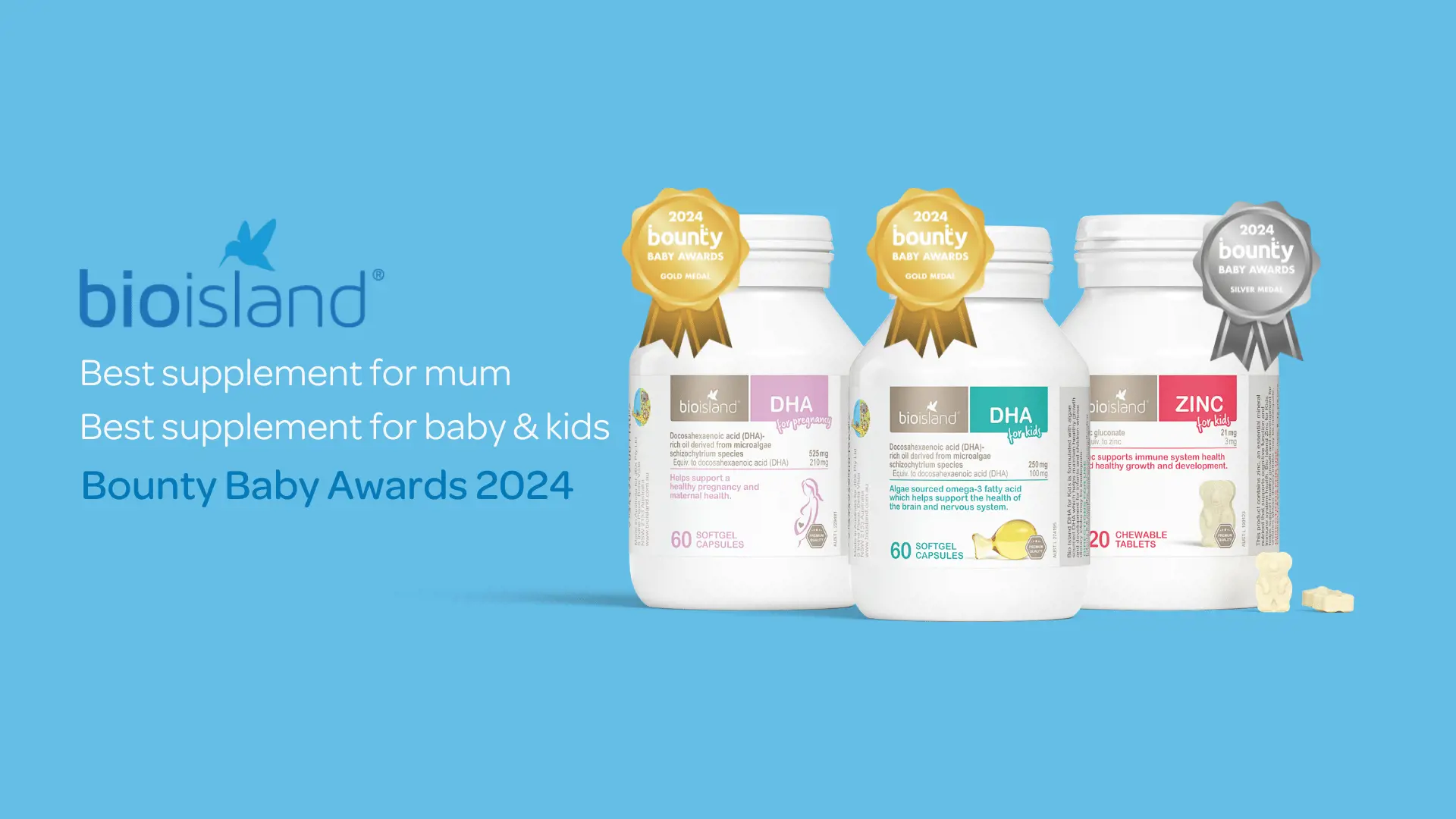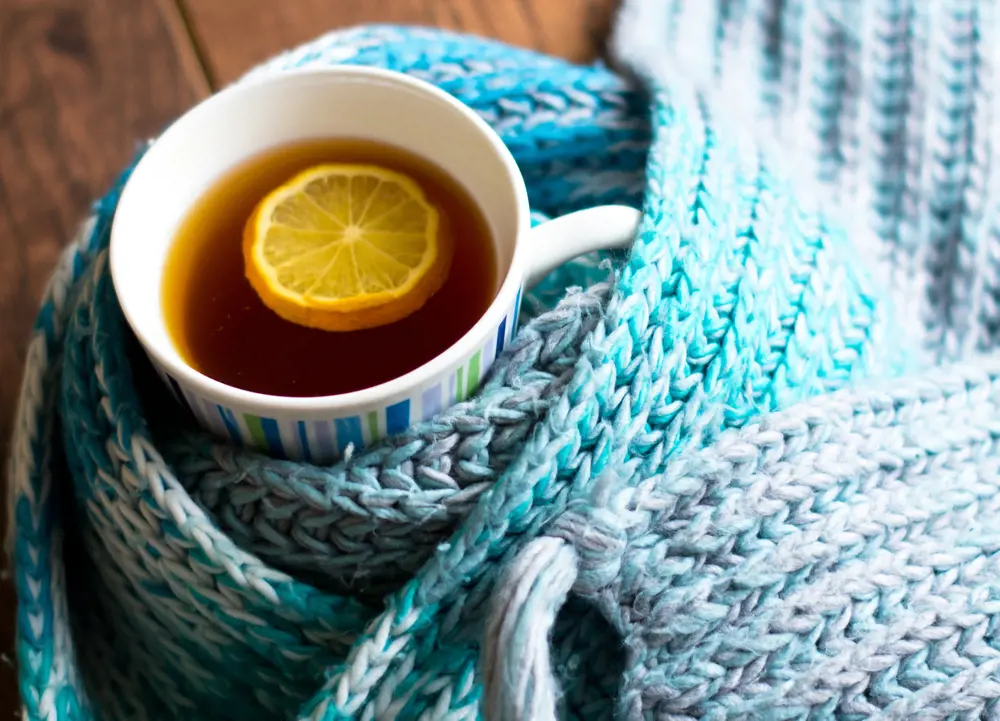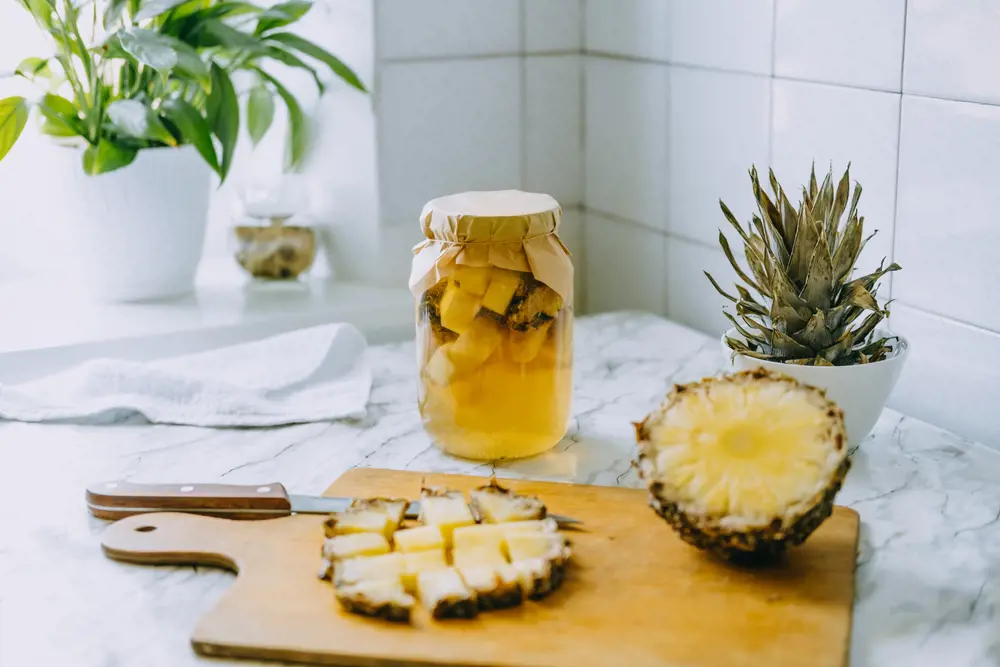
Understanding the impact of dehydration
Water is vital for life. It is essential to our health, physical and mental wellbeing that our bodies remain hydrated.
Nutrition
By Bio Island Nutrition Team
Water is vital for life. It is essential to our health, physical and mental wellbeing that our bodies remain hydrated. Our bodies use water to regulate our body temperature and maintain other functions within the body such as waste excretion and brain function. Without water, we can only survive for days.
Dehydration
Dehydration occurs when your body does get enough fluid intake or when your body losses too much fluid. Dehydration can occur as a result of:
- Diabetes
- Excessive alcohol intake
- Fever
- Gastrointestinal upset (diarrhoea or vomiting)
- Insufficient water intake
- Medications, especially diuretics
- Strenuous exercise
Infants and children, athletes and older adults are more vulnerable to dehydration. Mild to moderate signs of dehydration include:
- Dark and minimal urine
- Dizzy or light headed
- Dry lips, mouth and tongue
- Headache
- Thirsty
The impact of dehydration on exercise
It is common to be dehydrated during exercise as fluid intake more often than not is less than fluid losses through sweating. Exercise performance can be significantly affected by even marginal dehydration.
The effects of dehydration during exercise is also dependent on the duration, intensity and temperature.
When the body is dehydrated during exercise, your heart rate increases, premature fatigue sets in and the body uses increased glycogen stores. Dehydration negatively effects mental function and motor performance and there is also an increased risk of abdominal distress such as cramping, nausea or vomiting which in turn makes is more difficult to rehydrate.
So how can you stay hydrated whilst exercising?
- Ensure adequate fluid intake prior to exercise. Water is the optimal choice and avoid caffeine (and tannin) containing drinks including, tea, coffee and soft drinks as these can increase fluid excretion.
- Continuously sip on fluids through physical activity. For anything under one hour, water is usually sufficient.
- For extended activity over 60-90 minutes, especially vigorous activity and activity in hot weather conditions, there is an increased need for carbohydrate, electrolyte and sodium replacement. This can usually be obtained by using a sports drink which will assist in decreasing the risk of dehydration or low sodium levels (hyponatremia).As well as regulating thirst, providing fuel for muscles and maintaining blood glucose levels.
- Be mindful though! It is possible to overhydrate and this can be dangerous as your sodium levels are diluted and can interfere with organ function.
Try our homemade sports drink:
Ingredients:
- 2 cups water
- 1 cup coconut water
- 1 cup freshly squeezed or 100% orange juice
- ½ cup lime juice
- 2 tablespoons honey
- ½ teaspoon salt
Method:
- Place all ingredients together in a blender and mix well. Keep chilled. The amount of water can be adjusted depending on how strong or diluted to taste.
Post Exercise Hydration
Replacing fluids post exercise is usually dependant on how much fluid has been lost. Athletes usually lose between 6-10% of their body weight in sweat. This can be measured by weighing yourself pre- and post- exercise. Another useful and simple indicator of fluid loss is urine monitoring, and drinking sufficient fluid until your urine is light yellow and transparent.
Summer & Dehydration
Increased fluids is required during hot or humid weather regardless of how much physical activity is undertaken as water will assist in lowering your body temperature and replace any fluids lost through sweat. Avoid alcohol and caffeine.
Other ways to avoid dehydration during summer include:
- Avoiding the sun between 10am-2pm.
- Wear a hat, sunglasses, sunscreen and lip balm.
- Wear thin, loose clothing, think white linen and avoid dark coloured and tight-fitting clothes.
Winter & Dehydration
Believe it or not, you can still get dehydrated during winter. This is because, typically people are less thirsty during winter and hence drink less water. Even though you are not sweating as much, you are still losing moisture in cold weather through perspiration, respiration and urination.
How to say hydrated during winter:
- Keep up your fluid intake and monitor.
- If you find it difficult to drink when it’s cold outside, drink warm water and herbal teas to keep you warm and hydrated.
Water in Food
Whilst water is always the best choice to get hydrated quickly, the following foods have a high water content and can easily contribute to ensuring you staying hydrated. Most of these make for great snacks to incorporate into your day.
WATER CONTENT:
90-99%: Celery, cucumber, lettuce, melon (honeydew, rockmelon, watermelon), spinach and strawberries.
80-89%: Apples, carrots, grapes, oranges, pears and pineapple.
This information does not take into account your personal situation and is general in nature. You should consider whether the information is appropriate for your needs and seek professional medical advice.
Always consult your healthcare professional before taking any supplements or if any concerns arise.






